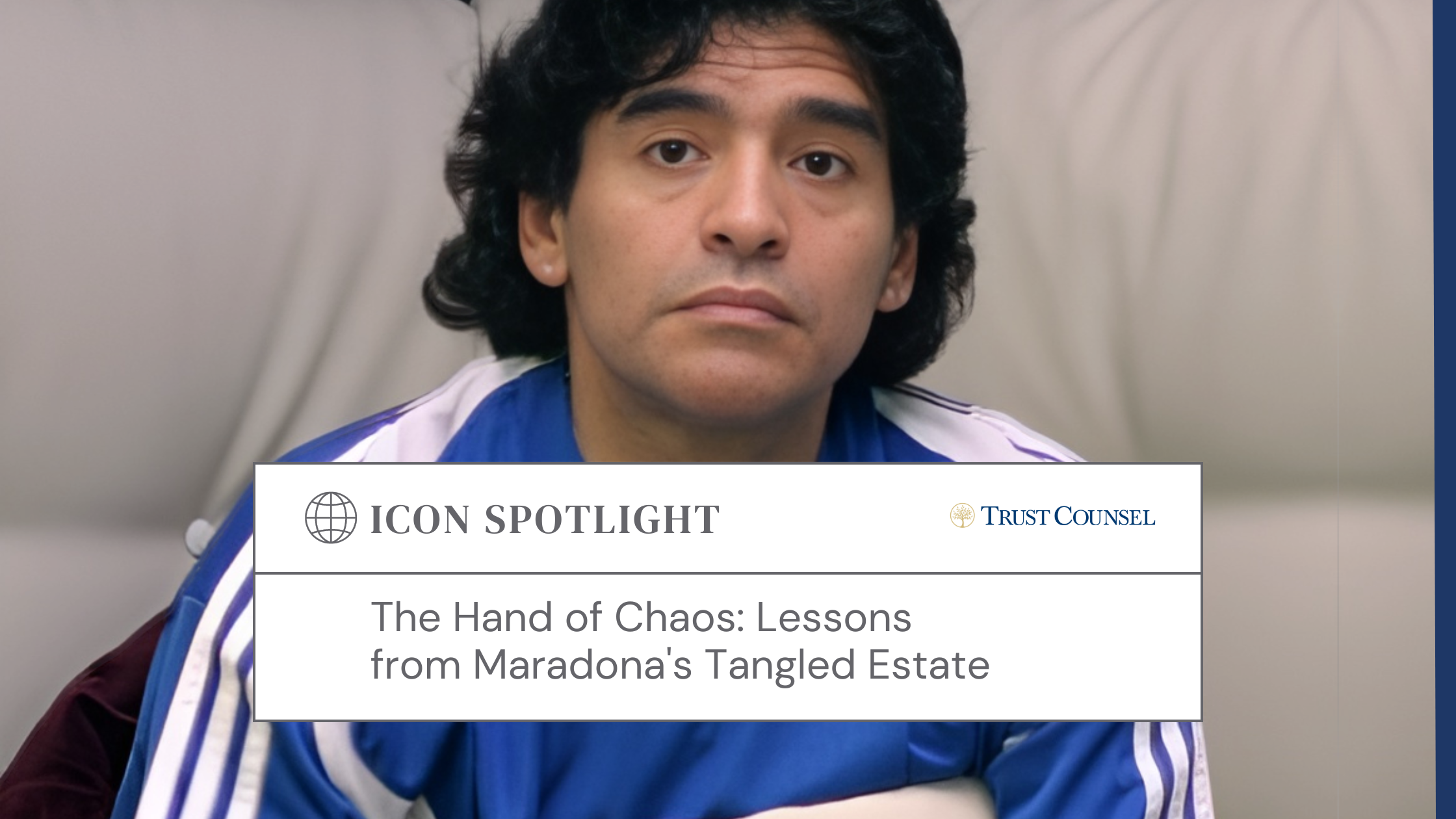Karl Lagerfeld, creative director of fashion houses Chanel, Fendi and his eponymous line, passed away in Paris, France on February 19th at the age of 85. Having left an indelible mark in the world of fashion, German-born Lagerfeld also left behind an estate worth roughly $200 million USD, a Will and his beloved Birman cat, Choupette. Shortly thereafter, news outlets began speculating that Choupette, a feline celebrity in her own right (with an Instagram following of more than 300k followers), is the primary beneficiary of the fashion icon’s estate, which, if true, will likely make her the richest cat in the world. But is she really?
The short answer: no.
By law, one cannot bequeath property to property—and animals are considered property. Much to the chagrin of pet owners, this means that their furry loved ones cannot inherit their wealth—at least not directly anyway.
Being that Lagerfeld was domiciled in France, it is illegal for Choupette to inherit his estate. Under French law, a beneficiary must be an actual person or a foundation in order to receive an inheritance; Choupette is obviously neither. Fortunately, though, her owner’s German nationality may be her saving grace: German law permits one’s wealth to be transferred to an animal.
Though the laws of France and Germany make the contents of Lagerfeld’s Will private—unlike in the United States, where a Will (and the decedent’s beneficiaries and assets) becomes a matter of public record upon death—Lagerfeld likely made plans to lavish Choupette in death much as he did during his life. This could have been achieved in one of two ways.
Traditionally, pet owners gifted their pet to someone with the hope that these caregivers would love and care for the pet in the same manner as the owner would—a “pet guardian,” if you will. But as social values towards animals have evolved, so too has the law. Our furry friends are more than just animals; they are core members of the family—and for some, they are “fur babies.” Think about it: Would you make arrangements for the care of your children without making the necessary financial plans?

In light of this, the law has evolved to provide more than just hope to pet owners. Through the use of a pet trust, a pet owner can now legally ensure that their pet is properly cared for after the owner’s death. Effectively, a pet trust operates in the same manner as a traditional trust. There are the standard three parties to the trust: the trustor/grantor, the party who creates the trust; the trustee, the party who holds legal title to the trust; and, the beneficiary, the party who benefits from the assets (usually money) in the trust. The only difference is the purpose for which the pet trust is created: to provide for the health and management of the beneficiary—here, the pet. The pet’s caregiver has the legal right to request funds for that purpose and it is the trustee’s legal duty to manage the trust assets and distribute those funds, as directed by the trust terms, for the pet’s benefit.
The first time most of us even heard of this concept was when hotel heiress Leona Helmsley left $12 million to her Maltese, Trouble, when she passed away in 2007. And she is not the only celebrity to do so. Michael Jackson, our ever-favorite estate planning reference, left $2 million for the care of his chimpanzee, Bubbles—who sat at number 14 on the 2018 Pet Rich List (yes, this exists! Check it out here.)
While we may never know Lagerfeld’s exact plans, we did know that Lagerfeld loved Choupette more than anything else. It was a love that transcended social media; a love that he famously stated in a CNN interview, “There is no marriage, yet, for human beings and animals…I never thought that I would fall in love like this with a cat. So it is safe to presume that Choupette will continue to live her cushy life being pampered by her two personal maids, who give her manicures regularly and feed her luxurious treats made by her own chef.
Not a bad life for a cat!




